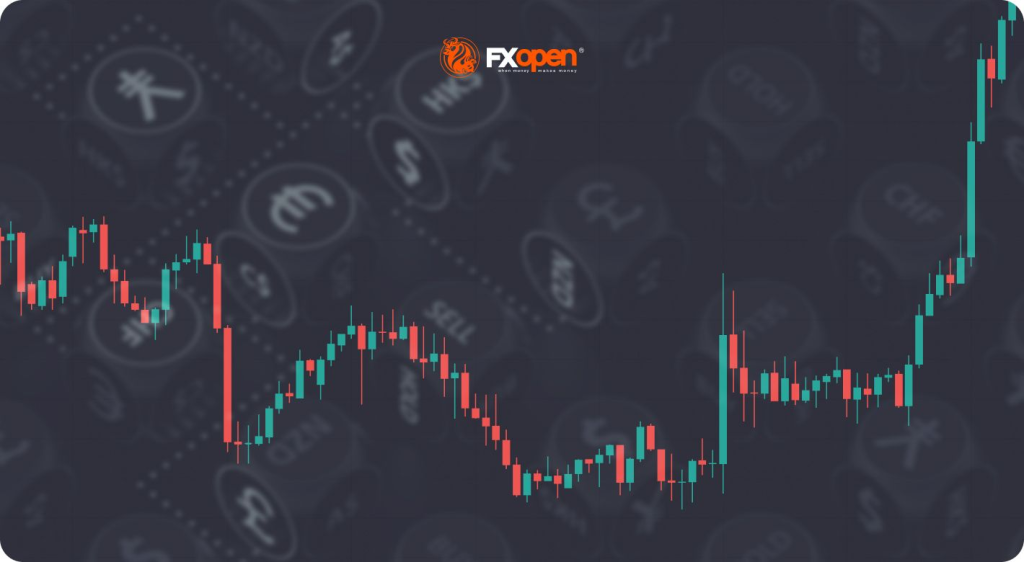Forex, small for foreign exchange, is the greatest economic market on the planet, with a regular trading volume exceeding $6 trillion. It’s where currencies are ordered and sold, which makes it an important part of worldwide finance. Forex trading involves the exchange of just one currency for yet another, and their acceptance stems from the ability to make money from the changing change rates.
The forex market works 24 hours a day, five days a week, thanks to its decentralized nature. Major economic locations world wide, such as London, New York, Tokyo, and Sydney, lead to the regular trading activity. This accessibility helps it be easy for traders from various time areas to participate.
Forex trading primarily occurs in currency sets, such as EUR/USD (Euro/US Dollar) or USD/JPY (US Dollar/Japanese Yen). The first currency in the set is the base currency, and the second reason is the estimate currency. The trade charge presents the amount of the offer currency required to get one device of the beds base currency. Traders imagine on whether a currency can appreciate (go up) or depreciate (go down) in price in accordance with its counterpart.
To engage in forex trading, one needs a forex broker, an economic intermediary that delivers access to the forex market. Brokers present numerous trading programs, methods, and sources to simply help traders produce informed decisions. Additionally, traders can decide between various kinds of reports, such as typical, small, or micro records, relying on the risk patience and trading capital.
Complex and basic evaluation are two elementary strategies utilized in forex trading. Technical analysis requires understanding famous price charts, patterns, and signs to estimate potential price movements. On the other hand, essential analysis focuses on economic and geopolitical factors that can influence currency values. Successful traders often mix both techniques to produce well-informed trading decisions.
Chance management is an essential aspect of forex trading. Traders use stop-loss purchases to limit possible deficits and take-profit orders to secure profits. Leverage, a double-edged blade, may amplify equally gains and failures, so it is employed wisely. Traders shouldn’t invest more than they are able to afford to lose.
Psychology plays a significant role in forex trading. Thoughts like fear and greed can lead to impulsive decisions, creating losses. It’s critical for traders to steadfastly keep up forex and stay glued to a trading plan. Continuous learning, training, and changing to changing industry problems are essential to long-term achievement in the forex market.

To conclude, forex trading is a vibrant and accessible market that provides sufficient opportunities for profit. Traders can take part in that international industry, capitalizing on currency value fluctuations. However, it’s necessary to strategy forex trading with caution, emphasizing chance administration, knowledgeable decision-making, and continuing understanding how to steer the difficulties of the foreign exchange market.
